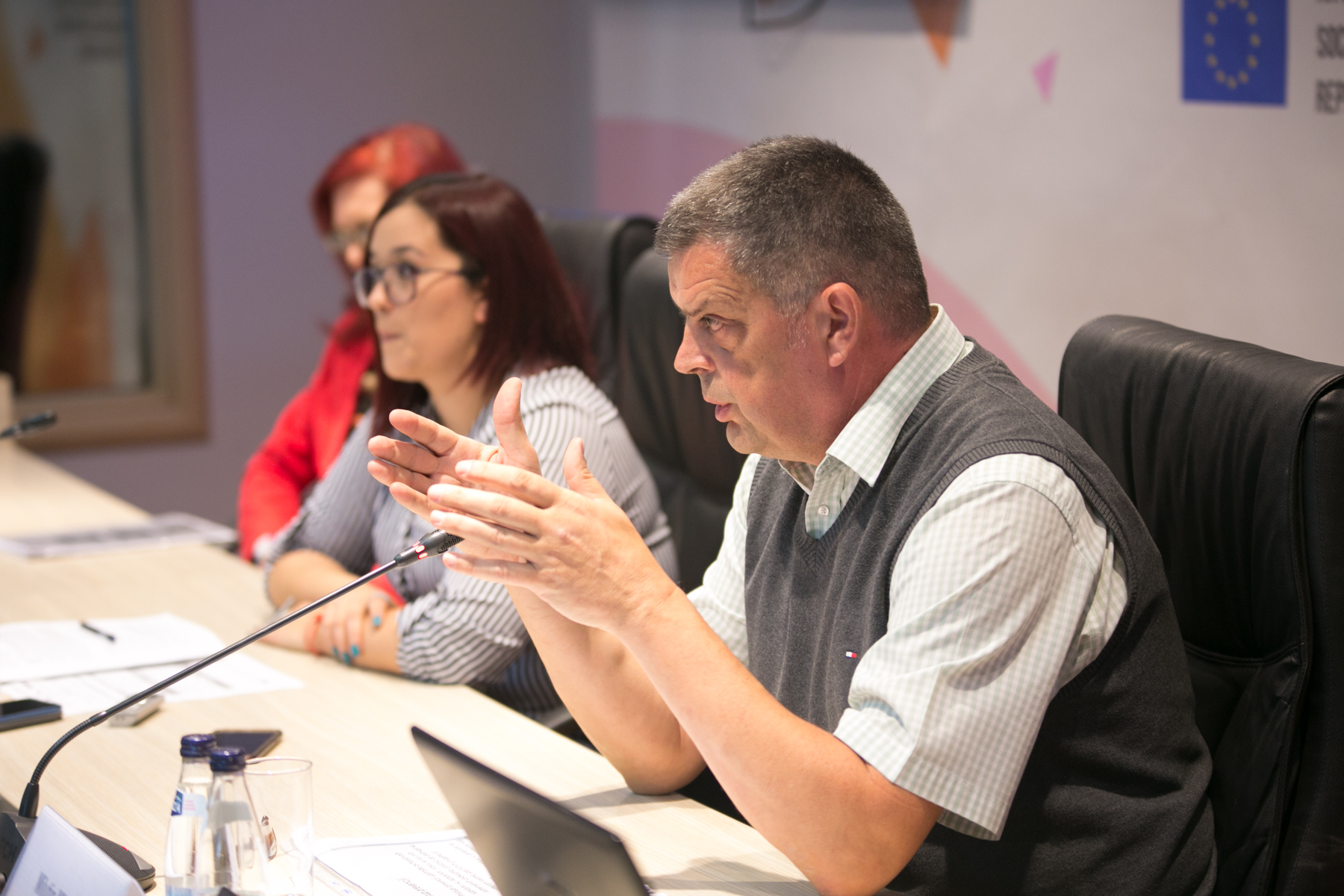Within the framework of the project ARYSE (At-Risk Youth Social Empowerment), funded by the European Union through the European Commission, NGO Juventas organised the round table „Young people who use drugs in Montenegro“ on 12 November 2018 in Podgorica. The hosts emphasised that there is no systematic commitment in solving the problem of dependence on psychoactive substances in Montenegro and that clarifying the government responsibility is very important. Improving support programs, developing preventive work, in order to help young people who use drugs, must be in coordination with many institutions.
The speakers at the round table were: Marija Milić, Coordinator of the Programme of direct assistance for people who use drugs, NVO Juventas, Milutin Milošević, Executive Director of the Drug Policy Network South East Europe, Ivana Vujović, Executive Director of NGO Juventas, Nebojša Kavarić, Director of the Health Centre in Podgorica, Dr Ljiljana Golubović, the Public Health Institute representative and psychologist, Dijana Milošević, representative of the Institution for Resocialization and Rehabilitation of Drug Addicts Kakaricka gora.
The representatives of local communities from Nikšić, Podgorica, Budva, Bijelo polje, Tivat and Kolašin also took part in the discussion.
It was pointed out that cooperation with official institutions is at an unsatisfactory level. Also, the discussion conclude that there is no systematic plan for dependence on psychoactive substances problem.
The Executive Director of DPNSEE Milutin Milošević gave introductory presentation about models and standards of prevention of psychoactive substances use in Europe and presented concrete examples of drug policy approaches in Croatia, Spain, The Netherlands, Serbia, Sweden and Turkey.
ARYSE project also includes the partner organizations: ARSIS (Albania), Association Margina (Bosnia Herzegovina), HOPS (Macedonia), Labirint (Kosovo), Prevent (Serbia) and Foundation SHL (Germany).



